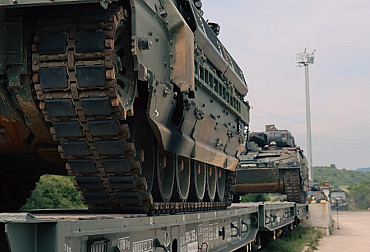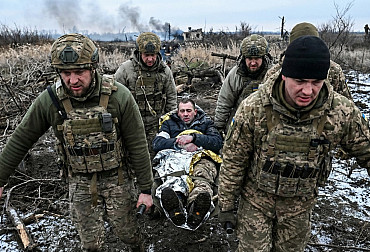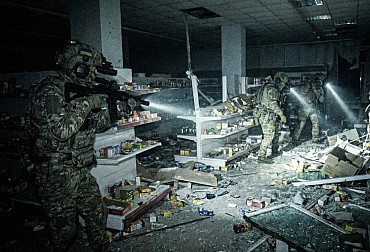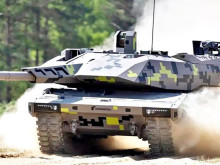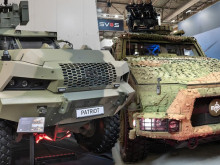The Czech Republic after the Hague: From a passive member to a responsible ally?
The NATO summit in The Hague in June 2025 confirmed that the era of symbolic commitments is over. Czechia should no longer be in the second row – it should be part of the front line of the Alliance's defense. Whereas we used to rely on our allies, today it is we who must contribute to deterrence. However, the number of F-35 aircraft or the percentage of GDP will not be decisive. The key will be whether we can transform budgets, tables, and strategies into real capabilities, into a society that is prepared to bear the costs of its own security.
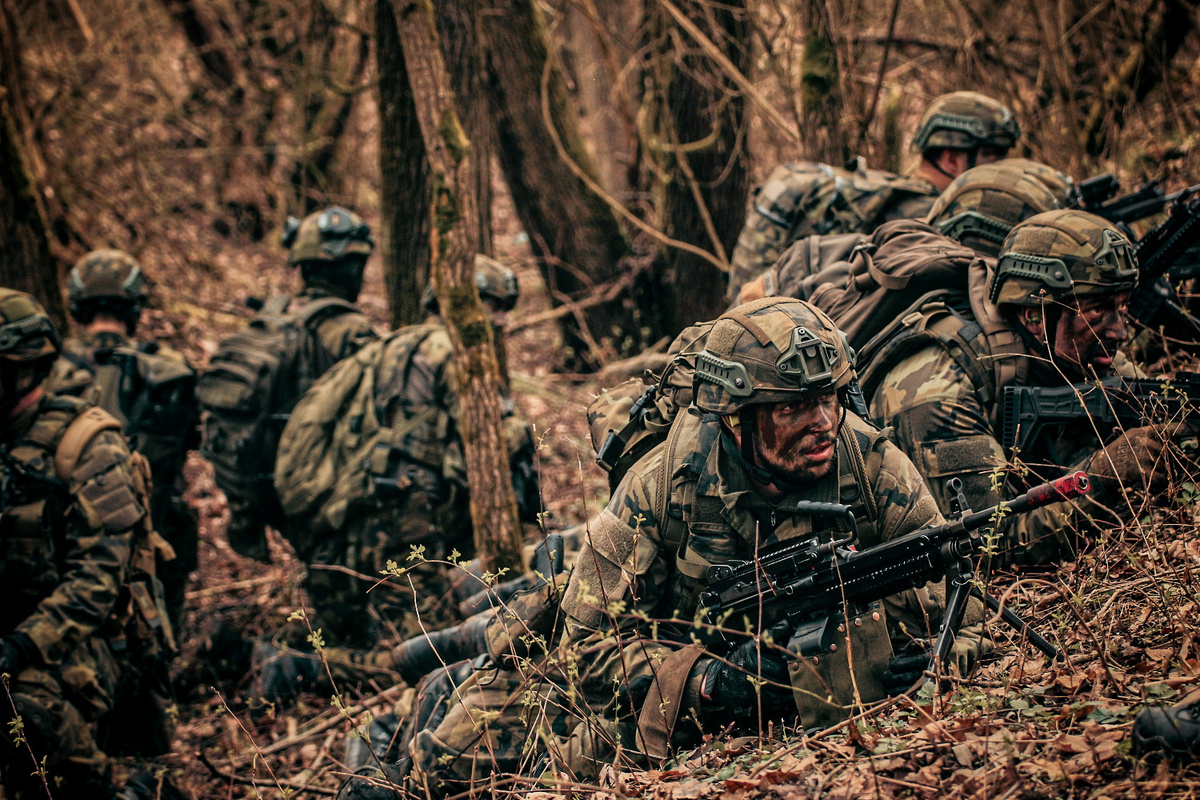
Russian aggression has forced Europe to rethink the fundamentals of its defense. It has also reshaped Czech thinking about war. Data from Central European surveys show that between 2018 and 2025, the Czech Republic underwent the greatest change in its perception of the Russian threat. The proportion of Czechs who perceive Russia as a direct threat rose from around 37% to 70%. And while Poland remains high in the long term, Slovakia and Hungary are below 50%:

The shift in Czech society's perception of the threat has created a real mandate for real action. While in 2018 there were less than 900 Czech soldiers serving in foreign missions, in 2025 there will be approximately 1,650 – the highest number since joining the Alliance:

This growth is not only quantitative. The structure of deployment has changed – from logistical and training participation to full-fledged command, logistical autonomy, and multi-domain capabilities (CBRN, REB, air defense). For the first time, Czechia is gaining a real role in alliance deterrence.
However, the numbers on missions and surveys only tell half the story. The other half shows that the path to becoming a "responsible ally" can be painful. The Czech defense budget in 2025 is around 2.1% of GDP (~CZK 180 billion), while the plan for 2030–2035 envisages a gradual increase to 5% of GDP, or almost CZK 600 billion per year. This is an increase of more than 250%. Among other things, KVAČR 2035 set key milestones (heavy brigade, F-35, CV90, Leopard, CAESAR) and personnel recalculations, which the new NATO Capability Targets has pushed much further.

These data reveal a fundamental mismatch between budget plans and actual capabilities. The army continues to face personnel shortages, lengthy procurement processes, and poor coordination with the civilian sphere. If these systemic barriers are not removed, the budget may grow faster than the ability to spend it effectively—and the Czech Armed Forces will remain "iron without people."
The Hague summit thus reiterated that defense does not begin on the battlefield but in society. The Czech Defense Strategy of 2023 and KVAČR 2035 introduced the concept of "national defense," but implementation has so far lagged behind, despite high levels of perception of the Russian threat. The POKOS 2025–2030 program aims to educate young people and motivate companies to participate in defense training, but it currently lacks sufficient resources and tools. Without extending it to the adult population, national defense will remain largely on paper or in surveys. Unlike countries such as Finland and Estonia, Czechia still lacks a comprehensive model of social resilience—from defense awareness to practical crisis mechanisms.
After The Hague, Czechia can no longer rely on the feeling that "someone else will take care of it." The future of Czech defense will not be measured by the number of machines ordered, but by the speed with which we can transform political ambitions into real capabilities and social cohesion.
Today, successful defense means, above all, interoperability with partners, stable personnel, and a society that understands why defense is not a luxury but a condition of freedom.
If Czechia speeds up its acquisition processes, stabilizes its personnel, and realistically involves the civilian sector, it can become a respected ally in the Alliance over the next decade. If not, it risks remaining a passive member with modern technology, but without the ability to use it to its full potential.











